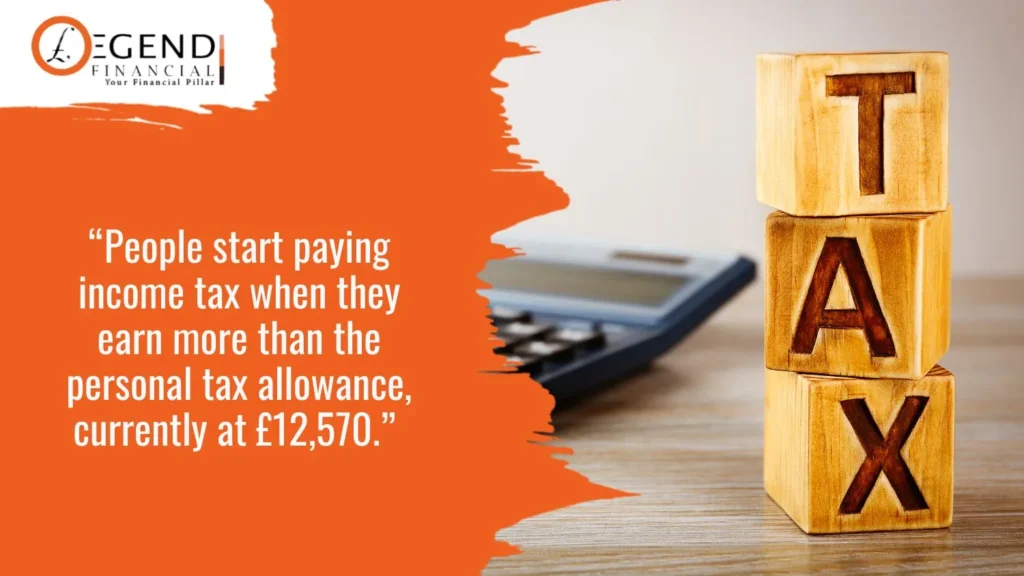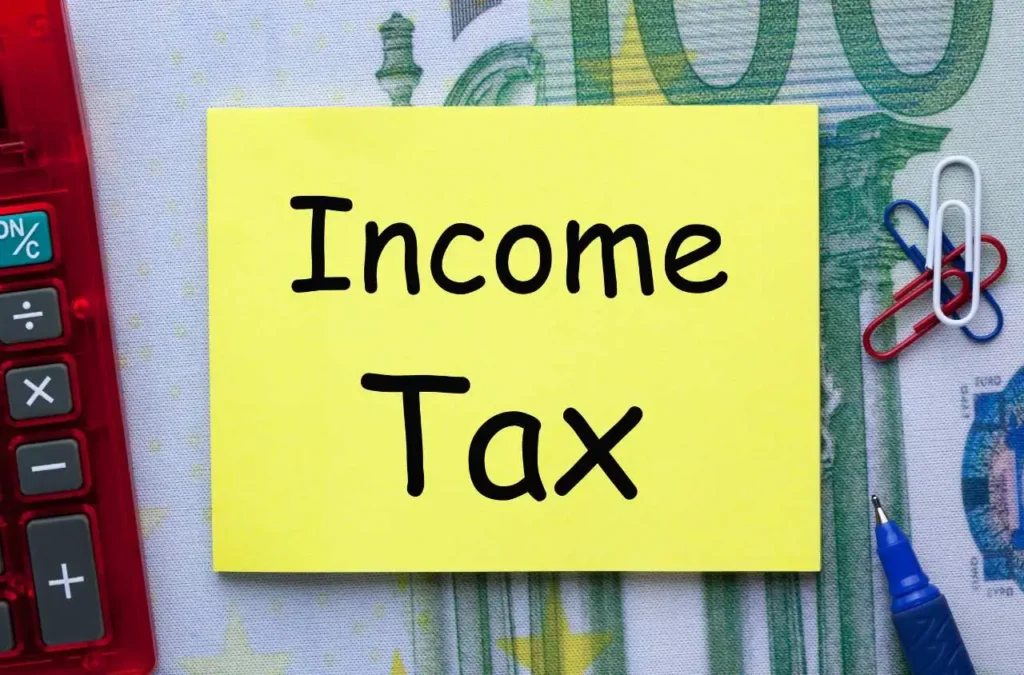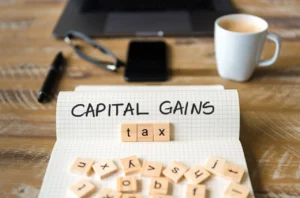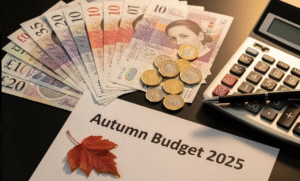How much can you earn before paying tax UK? Find out the answers here, as we offer a straightforward approach to taxation in the UK, focused on when one starts becoming liable to tax and other relevant FAQs.
How Much Can You Earn Before Paying Tax 2024?
Tax-free thresholds and allowances first apply in an income. If taxpayers earn below these, they are most likely not taxed. Other factors that determine when one starts paying tax depend on the income type and the kind of tax one is liable to.
How Much Can You Earn Before Paying Income Tax?
Most people are eligible for the annual personal tax allowance, which is currently set at £12,570. Earning beyond this tax-free amount will subject the taxpayer to income tax. Other taxable income-reducing allowances may also apply, lowering the starting rate at which an individual must pay tax on income, such as:
- Transferable Marriage Allowance – £1,260
- Savings Interest Allowance – £1,000 / £500 / £0
- Dividend Income Allowance – £500
- Trading Allowance – £1,000
No tax is paid on incomes from tax-exempt accounts, such as individual savings account (ISA). Take note that income tax rates vary in Scotland, Northern Ireland, England and Wales. Click the link for a detailed guide.
Check out our UK tax calculator, too, to get a rough estimate on one’s income tax liability, verified by our tax accountants if requested.

How Much Can You Earn Before Paying Tax Per Week (NIC)?
Employed individuals must pay Class 1 National Insurance contributions (NICs) when they earn more than £242 per week, which are automatically included in PAYE tax deductions. On the other hand, National Insurance for the self-employed (Class 2 and/or Class 4) are paid based on annual earnings.
For the 2024/25 tax year, Class and/or 4 NI are paid when individuals earn more than the following:
- £6,724 (Class 2)
- £12,570 (Class 4)
Visit relevant article: How Much Tax Do You Pay on a Second Job UK?
How Much Can You Earn Before Paying Capital Gains Tax?
For the 2024/25 tax year, capital gains tax is charged in asset or property sales once the taxable profits or gains exceed £3,000. See Capital Gains Tax Calculator on UK Property & Asset Sales for more details.
How Much Can You Earn Before Paying Value Added Tax?
Businesses are obliged to register for and pay value added tax (VAT) when they earn or anticipate exceeding the annual turnover threshold of £90,000 within thirty days. They also have the option to de-register once they start earning less than this amount, whether being VAT registered benefits their business or not.
Visit relevant article: How to Reclaim VAT [Overpayment, Bad Debt, & New Build]
What Do You Need to Do If You Start Paying Tax?
PAYE workers need not act as their taxes are already deducted at source, in their payroll. Self-employed individuals, on the other hand, will have to register with HMRC for self-assessment, report their income via a tax return, and pay their taxes.
There are several means to disclose unreported income. One of the most generic is HMRC’s digital disclosure service, as it is available to almost every tax disclosure, except VAT. It is also highly advisable that they seek help from tax experts to streamline their tax affairs.
UK Taxation FAQs
Outside regular employment, side hustlers, freelancers, contractors, and other self-employed people are entitled to a tax-free trading allowance of £1000.
Offshore incomes kept overseas are not subject to UK tax, especially if they do not exceed £2,000. If they do exceed £2,000, individuals will have to report their incomes by calling HMRC or submitting a self-assessment tax return.
Taxable incomes in the UK include employment wage, trading profits, rental property earnings, most pension incomes, savings interest, dividends, and more.
There are so many ways to be tax-efficient in employment income, including maximising income tax allowance, using transferable marriage allowances, choosing individual savings accounts, contributing to pensions, using capital gains tax allowance, and more.
Individuals who overpay tax, such as not being able to deduct allowable expenses, may claim a tax refund from HMRC. Tax experts can help them claim rebates more smoothly.
How Can Legend Financial Help?
How much can you earn before paying tax? The rule of thumb is that when your income exceeds the threshold, you start paying tax. It largely depends on which tax you are liable to. Once you earn above the tax-free limit, you will need to register with HMRC (if you are self-employed), disclose income via tax returns, and pay taxes.
This is where Legend Financial can help. Settling tax affairs is not just a simple “file your returns and pay tax” process for us. We are committed to helping clients reduce their tax liabilities to as low as possible through tax planning. Talk to one of our tax experts today!











